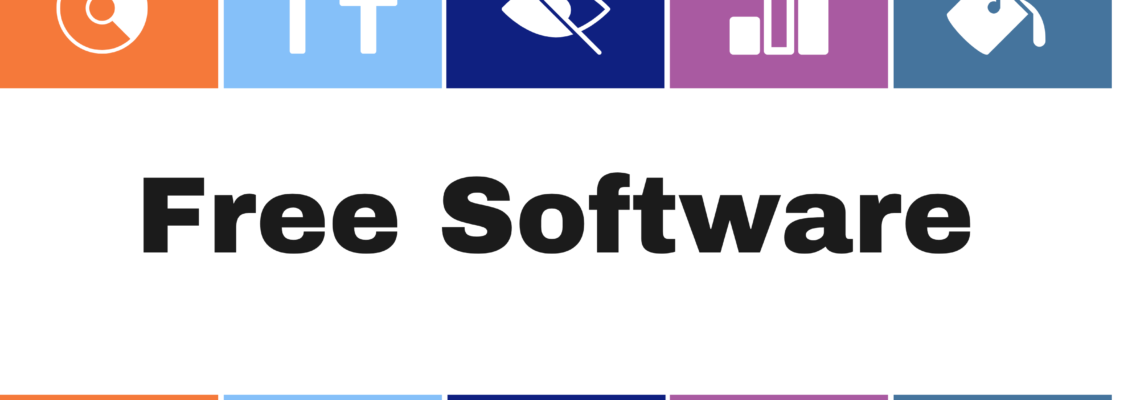What is Free Software?

Free software, also known as open-source software, is a type of computer software that is made available to the public with its source code, allowing users to modify and distribute the software as they see fit. This means that users have the freedom to use, study, modify, and distribute the software without any restrictions. It is not the same as freeware, which is software that is available for free but does not provide users with access to its source code. Free software, on the other hand, provides users with the ability to modify and distribute the software, which can lead to improvements and innovation.
The Four Freedoms of Free Software
The concept of free software is based on four essential freedoms that are outlined by the Free Software Foundation. These freedoms include the freedom to use the software for any purpose, the freedom to study how the software works, the freedom to modify the software to suit your needs, and the freedom to distribute copies of the software. These four freedoms are crucial for ensuring that users have complete control over the software they use. By providing users with these freedoms, it promotes collaboration and innovation, leading to better and more efficient software.
The Benefits of Free Software
Free software has many benefits for both users and developers. For users, it provides greater control over their computing experience. They can modify the software to suit their needs, ensuring that it works exactly as they want it to. For developers, it provides a platform for collaboration and innovation. Developers can work together to improve the software, leading to better and more efficient programs. It also promotes transparency and accountability. Since the source code is available for anyone to see, it is easier to identify and fix bugs and security vulnerabilities. This means that it is often more secure than proprietary software.
The Challenges of Free Software
While it has many benefits, it also presents some challenges. One of the biggest challenges is ensuring that developers are compensated for their work. Since it is often distributed for free, developers must find other ways to monetize their work. Another challenge is ensuring that the software is compatible with other programs and systems. Since it is often developed by a community of volunteers, there may be compatibility issues with other programs or systems. Finally, there is a challenge in ensuring that users have access to the support they need. Since free software is often developed by a community of volunteers, there may not be a dedicated support team available to help users with any issues they may encounter.
Examples of Free Software
There are many examples of free software available today. Some of the most popular examples include the Linux operating system, the Apache web server, and the Firefox web browser. Linux is a free and open-source operating system that is used by millions of people around the world. It is known for its stability, security, and flexibility. Apache is a free and open-source web server that is used by over half of all websites on the internet. It is known for its reliability and scalability. Firefox is a free and open-source web browser that is known for its speed and security. It is available on multiple platforms, including Windows, macOS, and Linux.
How to Get Involved in Free Software
If you are interested in getting involved in free software, there are many ways to do so. One way is to contribute to existing projects by submitting bug reports, writing documentation, or contributing code. Another way to get involved is to start your own project. You can use existing it as a starting point and modify it to suit your needs. Finally, you can support it by using it yourself and encouraging others to do so as well. By using and promoting free software, you can help ensure that it continues to thrive and grow.
The Future of Free Software
The future of free software looks bright. As more people become aware of the benefits of it, it is likely that we will see an increase in its adoption. Additionally, as technology continues to evolve, there will be new opportunities for innovation in the field of it. We may see new types of free software emerge that are tailored to specific industries or use cases. Overall, it has had a significant impact on the world of computing. By providing users with greater control over their computing experience and promoting collaboration and innovation among developers, it has helped to create a more open and transparent digital world.






